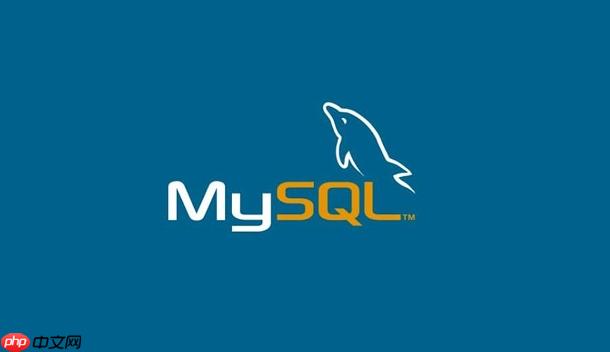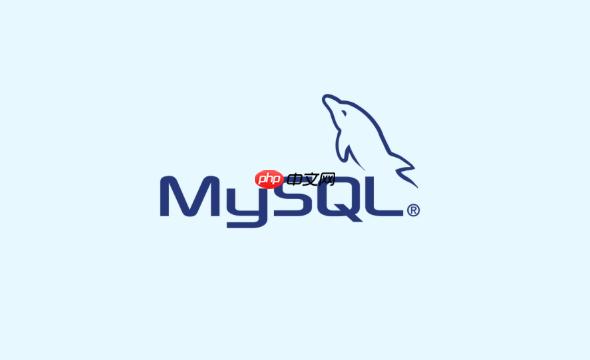
python的类型提示系统,特别是泛型(generics),为编写更健壮、可维护的代码提供了强大支持。通过typevar和generic,我们可以定义灵活的类型,以适应不同数据类型但逻辑相似的函数或类。然而,在某些场景下,我们希望为泛型参数typevar提供默认值,以简化类型声明,尤其是在参数类型通常相同的情况下。
考虑一个用于类型化装饰器函数的协议Decorator:
from typing import Protocol, TypeVar, Generic, Callable
TIn = TypeVar('TIn', contravariant=True)
TOut = TypeVar('TOut', covariant=True)
class Decorator(Protocol, Generic[TIn, TOut]):
"""
表示一个被装饰的值,用于简化类型定义
"""
def __call__(self, value: TIn) -> TOut:
...
IntFunction = Callable[[int, int], int]
def register_operator(op: str) -> Decorator[IntFunction, IntFunction]:
def inner(value: IntFunction) -> IntFunction:
# 注册函数或执行其他操作
return value
return inner
@register_operator("+")
def add(a: int, b: int) -> int:
return a + b 在这个例子中,Decorator协议接受两个类型参数TIn和TOut。对于大多数装饰器而言,被装饰函数的输入类型TIn和输出类型TOut是相同的。例如,register_operator函数返回一个Decorator[IntFunction, IntFunction],其中输入和输出类型都是IntFunction。我们期望能够简化这种常见的类型声明,例如将其写为Decorator[IntFunction],并让TOut默认与TIn相同。
理想的语法可能类似于:
# 这种语法目前不被Python支持
class Decorator(Protocol, Generic[TIn, TOut = TIn]):
def __call__(self, value: TIn) -> TOut:
... 然而,当前Python的typing模块并不支持在Generic类定义中为TypeVar设置默认值。直接使用上述语法会导致类型检查器报错。
当前限制与替代方案:特化“对称”泛型类由于Python的typing模块目前不直接支持在Generic中为TypeVar设置默认值,我们不能直接使用TOut = TIn这样的语法。为了在保持类型安全和Mypy兼容性的同时实现类似的功能,我们可以采用一种变通方案:创建特化的泛型类。
这种方法的核心思想是定义一个继承自原泛型类的新类,并在新类中将相关的TypeVar参数绑定为同一个类型。对于上述Decorator的场景,我们可以定义一个SymmetricDecorator类,专门处理TIn和TOut相同的情况。
from typing import Protocol, TypeVar, Generic, Callable
TIn = TypeVar('TIn', contravariant=True)
TOut = TypeVar('TOut', covariant=True)
TSym = TypeVar('TSym') # 新增一个TypeVar用于表示对称类型
class Decorator(Protocol, Generic[TIn, TOut]):
"""
表示一个被装饰的值,用于简化类型定义
"""
def __call__(self, value: TIn) -> TOut:
...
# 定义一个“对称”装饰器,其中输入和输出类型相同
class SymmetricDecorator(Decorator[TSym, TSym], Generic[TSym], Protocol):
"""
表示一个输入和输出类型相同的装饰器。
"""
pass 在这个解决方案中:
- 我们引入了一个新的TypeVar TSym。
- SymmetricDecorator继承自Decorator[TSym, TSym],这意味着它是一个Decorator,但其TIn和TOut都被固定为TSym。
- SymmetricDecorator也继承自Generic[TSym]和Protocol,使其自身成为一个泛型协议,并且能够接受一个类型参数TSym。
通过这种方式,当我们需要一个输入和输出类型相同的装饰器时,可以直接使用SymmetricDecorator[IntFunction],而无需重复指定两次IntFunction。
使用示例:
 PIA
PIA
全面的AI聚合平台,一站式访问所有顶级AI模型
 226
查看详情
226
查看详情

IntFunction = Callable[[int, int], int]
# 使用 SymmetricDecorator 简化类型声明
def register_operator_symmetric(op: str) -> SymmetricDecorator[IntFunction]:
def inner(value: IntFunction) -> IntFunction:
# 注册函数或执行其他操作
return value
return inner
@register_operator_symmetric("+")
def add_symmetric(a: int, b: int) -> int:
return a + b
# 原始的 Decorator 用法仍然可用,适用于类型转换的场景
def register_operator_full(op: str) -> Decorator[IntFunction, IntFunction]:
def inner(value: IntFunction) -> IntFunction:
return value
return inner
@register_operator_full("-")
def subtract_full(a: int, b: int) -> int:
return a - b 这种方案的优点在于它立即可用,并且完全兼容Mypy等类型检查器。缺点是它需要额外定义一个类(SymmetricDecorator),增加了代码的复杂性,并且需要为这个特化类选择一个合适的名称(例如“Symmetric”暗示了输入输出类型相同)。
未来展望:PEP 696与TypeVar默认值尽管上述特化类的方法是当前有效的解决方案,但Python社区已经意识到了对TypeVar默认值的需求。Python增强提案PEP 696 ("TypeVar Defaults") 正是为此而生。
PEP 696旨在引入一种机制,允许在定义TypeVar时为其指定一个默认类型。一旦此提案被实现并纳入Python标准库,我们将能够以更直观、更简洁的方式解决上述问题。
根据PEP 696的设想,TypeVar的定义将支持default参数,允许我们指定一个默认类型。例如,最初的Decorator协议将能够被这样定义(假设的语法):
# 假设PEP 696已实现
from typing import Protocol, TypeVar, Generic
TIn = TypeVar('TIn', contravariant=True)
# TOut现在可以有默认值TIn
TOut = TypeVar('TOut', covariant=True, default=TIn) # 示例语法,实际PEP可能有所不同
class Decorator(Protocol, Generic[TIn, TOut]):
def __call__(self, value: TIn) -> TOut:
... 一旦TOut被赋予了默认值TIn,那么在使用Decorator时,如果只提供一个类型参数,TOut将自动采用TIn的值。这将极大地简化类型声明:
# 假设PEP 696已实现
IntFunction = Callable[[int, int], int]
def register_operator_pep696(op: str) -> Decorator[IntFunction]:
# 此时,Decorator[IntFunction] 隐式地等同于 Decorator[IntFunction, IntFunction]
def inner(value: IntFunction) -> IntFunction:
return value
return inner
@register_operator_pep696("*")
def multiply_pep696(a: int, b: int) -> int:
return a * b PEP 696的实现将带来以下优势:
- 代码简洁性: 减少重复的类型声明,使代码更易读。
- 灵活性: 在需要时仍然可以显式指定所有类型参数,保持了泛型的完整能力。
- 维护性: 减少了特化类的数量,降低了类型系统设计的复杂性。
在Python泛型类中实现TypeVar的默认值是一个常见的需求,它能有效提升类型声明的简洁性和可读性。尽管当前Python的typing模块不直接支持此功能,但通过创建特化的“对称”泛型类,我们依然可以实现类似的效果,并保持严格的类型检查。这种方法虽然需要额外定义一个类,但它是一个即时可用的有效解决方案。
展望未来,PEP 696提案的实现将彻底改变这一现状,允许开发者直接在TypeVar定义中指定默认值,从而使泛型类型定义更加直观和强大。作为Python开发者,关注并适应类型系统的新发展,将有助于我们编写出更优雅、更可靠的代码。
以上就是Python泛型类中TypeVar默认值的实现:从当前方案到PEP 696的详细内容,更多请关注知识资源分享宝库其它相关文章!
相关标签: python 标准库 Python 数据类型 继承 Generic 泛型 default 大家都在看: Python怎么获取CPU核心数_os与multiprocessing获取CPU核心数 python人马兽系列 python人马兽系列的主要内容 Python怎么创建虚拟环境_Python虚拟环境创建与管理教程 python如何计算列表的长度_python使用len()函数获取列表长度 python怎么判断一个变量的类型_python变量类型判断方法






发表评论:
◎欢迎参与讨论,请在这里发表您的看法、交流您的观点。